Endometriosis: What can be done about it?
By Jessah Robinson, Adv Dip (Nut Med)
For those of you who do not have this disorder and/or are not familiar with the term, endometriosis is a common disorder that occurs when reproductive tissue gets planted in places it’s not supposed to, such as the fallopian tubes, the ovaries or the bowel. These endometrial deposits grow and bleed each month, but inside the pelvic and abdominal cavities where there is no way out. This abnormal internal bleeding can cause cysts, blood clots and scar tissue on the bowel, the bladder, the ovaries and the outside of the uterus and fallopian tubes. The primary symptom that women experience is debilitating cramps during their time of the month.
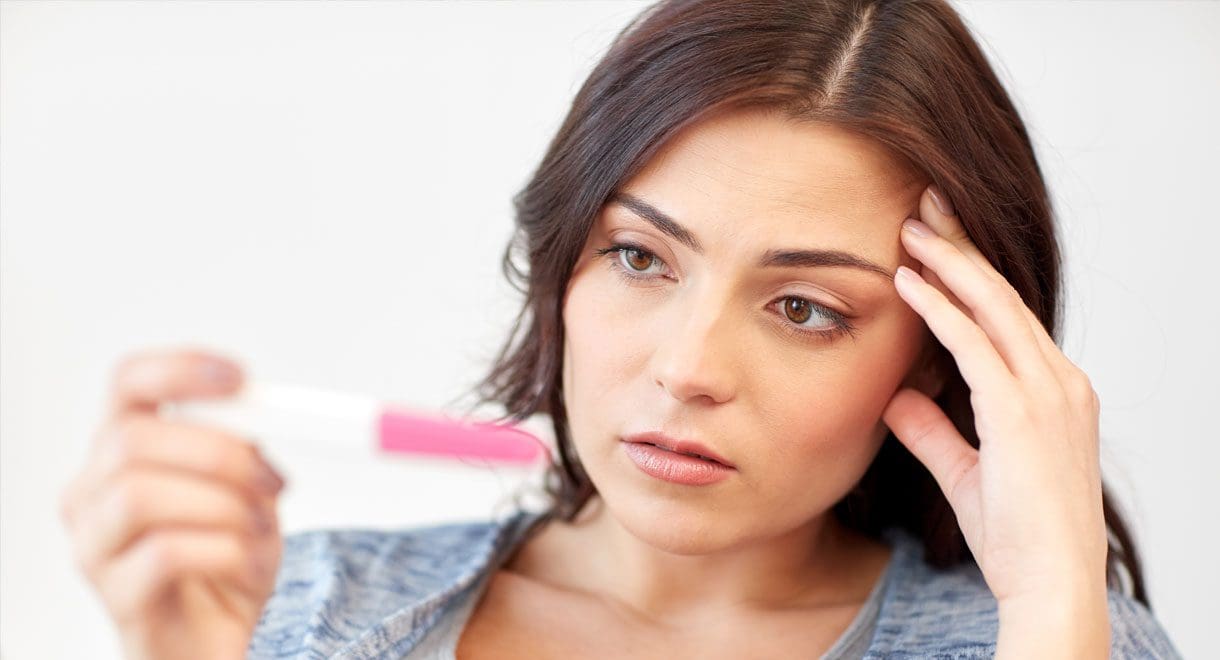
Other symptoms may include
- Abdominal bloating and swelling
- Constipation or diarrhoea
- Pain during sexual intercourse
- Heavy painful periods
- Anaemia, iron deficiency and fatigue
- Bleeding or spotting between menstrual bleeding
- Infertility
What causes endometriosis?
- Genetic factors – There is often a family history of endometriosis and poor immune function. Poor immune function prevents the immune cells from destroying the abnormally sited endometrial tissue which allows excess inflammation to occur.
- Dietary factors – If you consume a diet high in saturated fat, dairy products, sugar and refined carbohydrates, endometriosis is more likely to occur. Being deficient in antioxidants and minerals can also weaken the immune system. There are often hormonal imbalances present, characterised by elevated levels of oestrogen in comparison to progesterone.
- Stress – Does not do you any favours, and can cause inflammation and weaken the immune system, further increasing your chances of getting endometriosis.
Natural treatment options for endometriosis
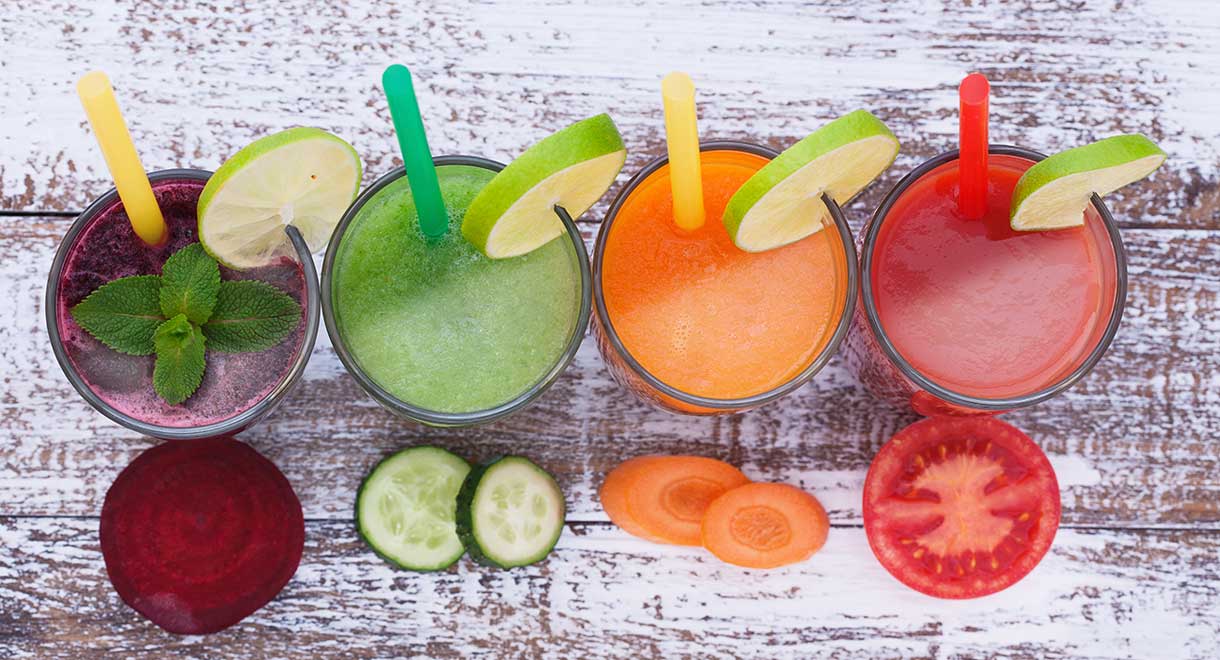
Raw juicing
Increase your intake of antioxidants and important vitamins by raw juicing with leafy green vegetables, citrus fruits, red and green apples, beetroot, capsicums, pineapple, carrot and ginger. These foods are high in vitamin C to provide organic sulphur which reduces adhesions, clears out excess levels of oestrogen from the body, and supports liver detoxification pathways. There are excellent juicing recipes in Dr Cabot’s book ‘Raw Juicing Can Save Your Life’.

Eat more EFAs
Essential fatty acids such as those found in extra virgin olive oil, coconut oil, flaxseed oil, macadamia oil, avocado oil and oily fish (salmon, tuna, mackerel, sardines), are excellent for reducing inflammation and improving immunity. Try to eat some of these foods every day to reap the benefits and reduce the symptoms of endometriosis.
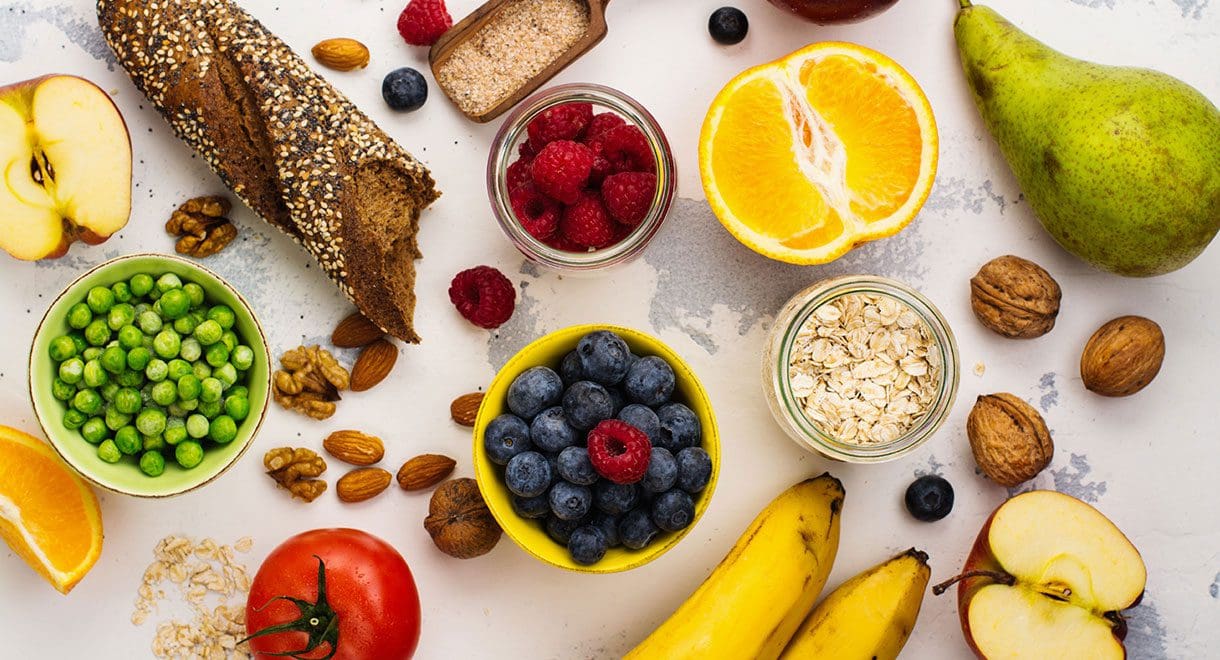
Consume more fibre
Fresh vegetables, fruits, nuts and seeds are high in fibre to support the elimination of excess oestrogen from the body. Fibre also feeds your good gut bacteria to promote a strong immune system. Taking Fibretone is an easy, convenient way to up your fibre intake.

Avoid or minimise dairy products
Some women find that they feel much better if they avoid all dairy products, this is likely because cow’s milk products can have undesirable hormone influences on endometriosis. Cow’s milk can be easily substituted for rice milk, almond milk or coconut milk. Yoghurt can be substituted for coconut yoghurt. Dairy products are mucus forming and can be quite inflammatory to the body.

Eliminate fried foods, processed foods and refined carbohydrates
These types of foods which encompass fast food, hot chips, breads, cereals and baked goods are inflammatory and have little to no nutritional value. Many of these foods also contain additives and preservatives which increase the chemical load on your system to further worsen endometriosis symptoms.

Establish a regular exercise regime
Everyone knows that exercise is important, but did you know that exercise is a great way to promote liver detoxification of excess hormones and reduce inflammation? It is best to do a combination of cardio and strength exercises. Many women find that yoga in particular is excellent for pain relief and reducing pelvic congestion.

Reduce stress
It cannot be stressed enough (no pun intended) the importance of keeping stress at a minimum. In this day and age, some degree of stress is inevitable, but the important thing is to find ways to manage stress levels. Effective ways to reduce stress include reading, listening to some relaxing music, breathing exercises, yoga, meditation and catching up with a friend or family member.

Keep yourself hydrated
Drinking adequate water is essential for many reasons, but drinking 2 litres of water a day benefits endometriosis by supporting liver detoxification pathways and regulating hormones. Suitable fluids include filtered water, herbal teas and raw vegetable juices.
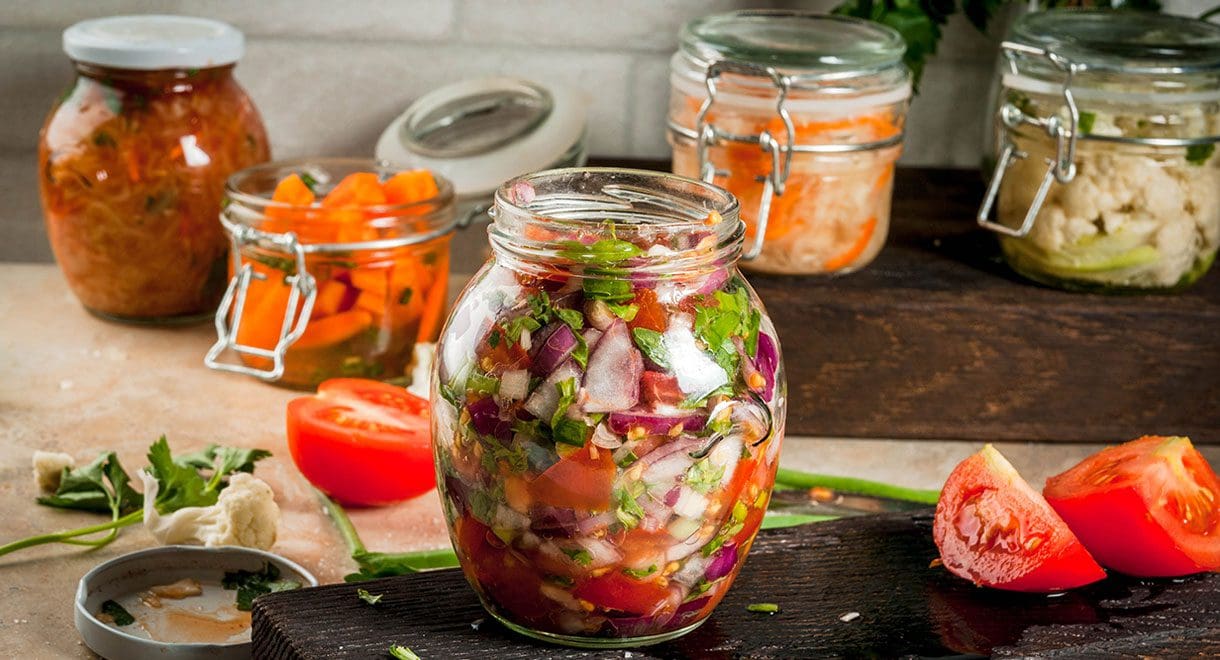
Take a probiotic
Choosing an appropriate probiotic is recommended for endometriosis as it colonises the gut with beneficial bacteria to ensure strong immunity. Fermented foods such as sauerkraut, kimchi, miso, apple cider vinegar and kefir are also excellent sources of probiotics.
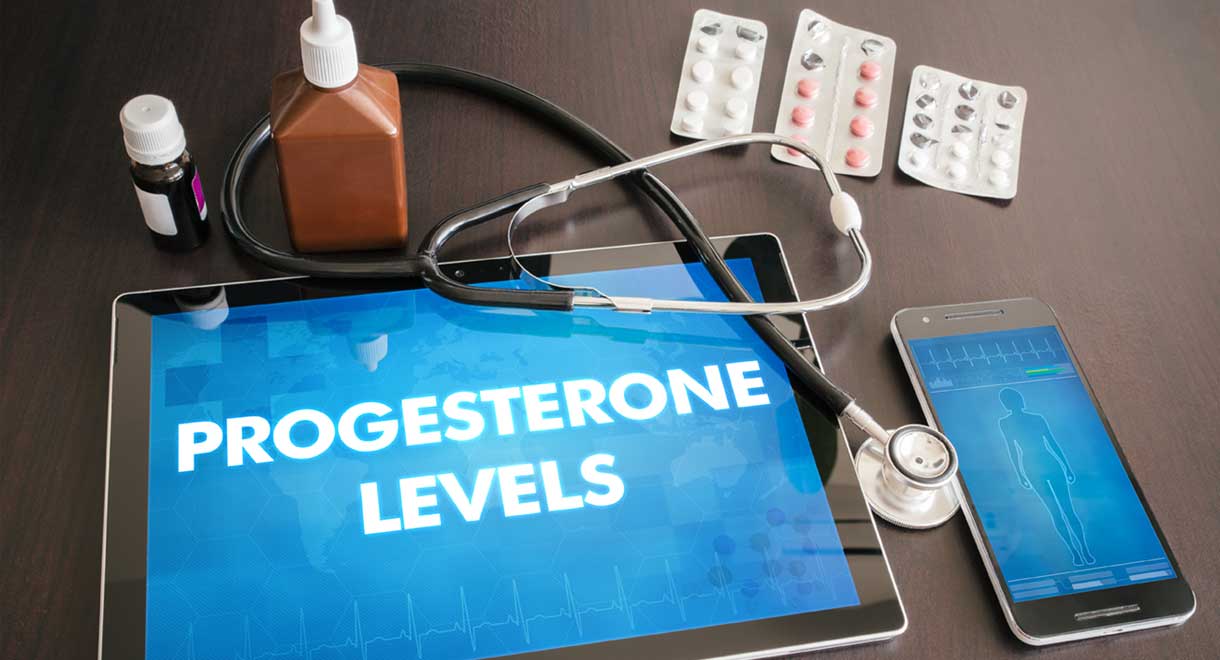
Use progesterone
Progesterone deficiency is a major contributor of endometriosis and when women don’t make enough of this hormone they are prone to suffering with heavy and painful menstrual bleeding. Progesterone cream requires a script and can be made up at a compounding pharmacy for immediate and effective absorption. Our clinic is able to offer progesterone. Please call us on 02 4655 4666 if you would like more information. For more details on treating endometriosis, check out Dr Cabot’s book ‘Hormones: Don’t Let Them Ruin Your Life’.


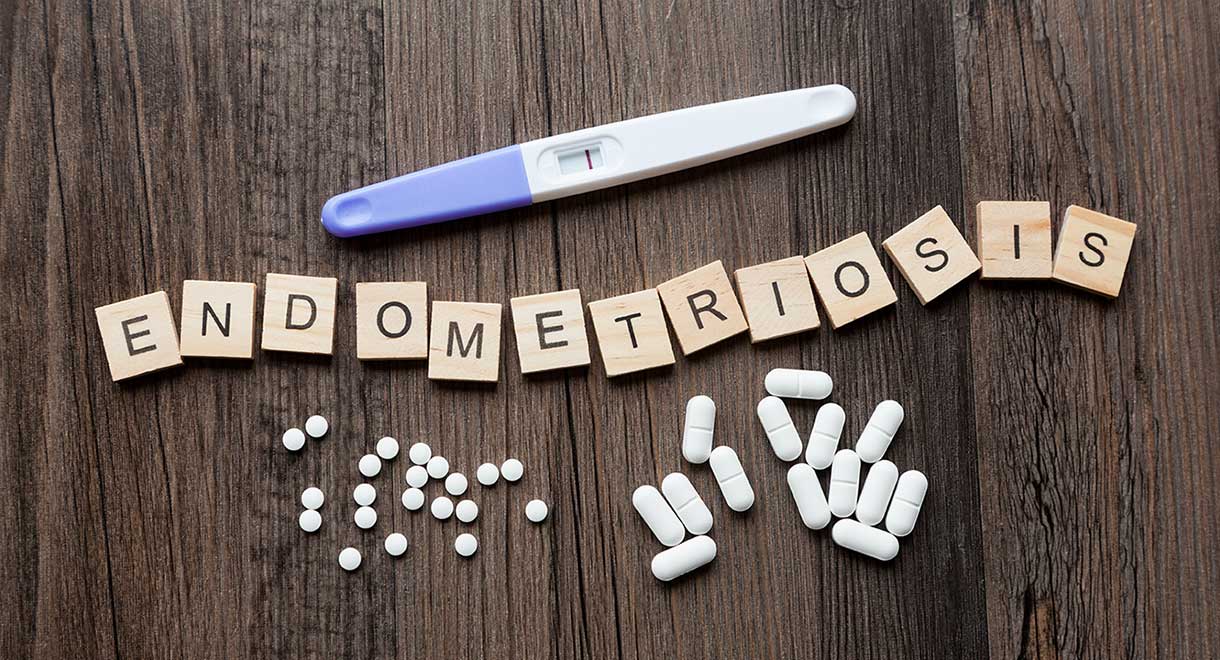


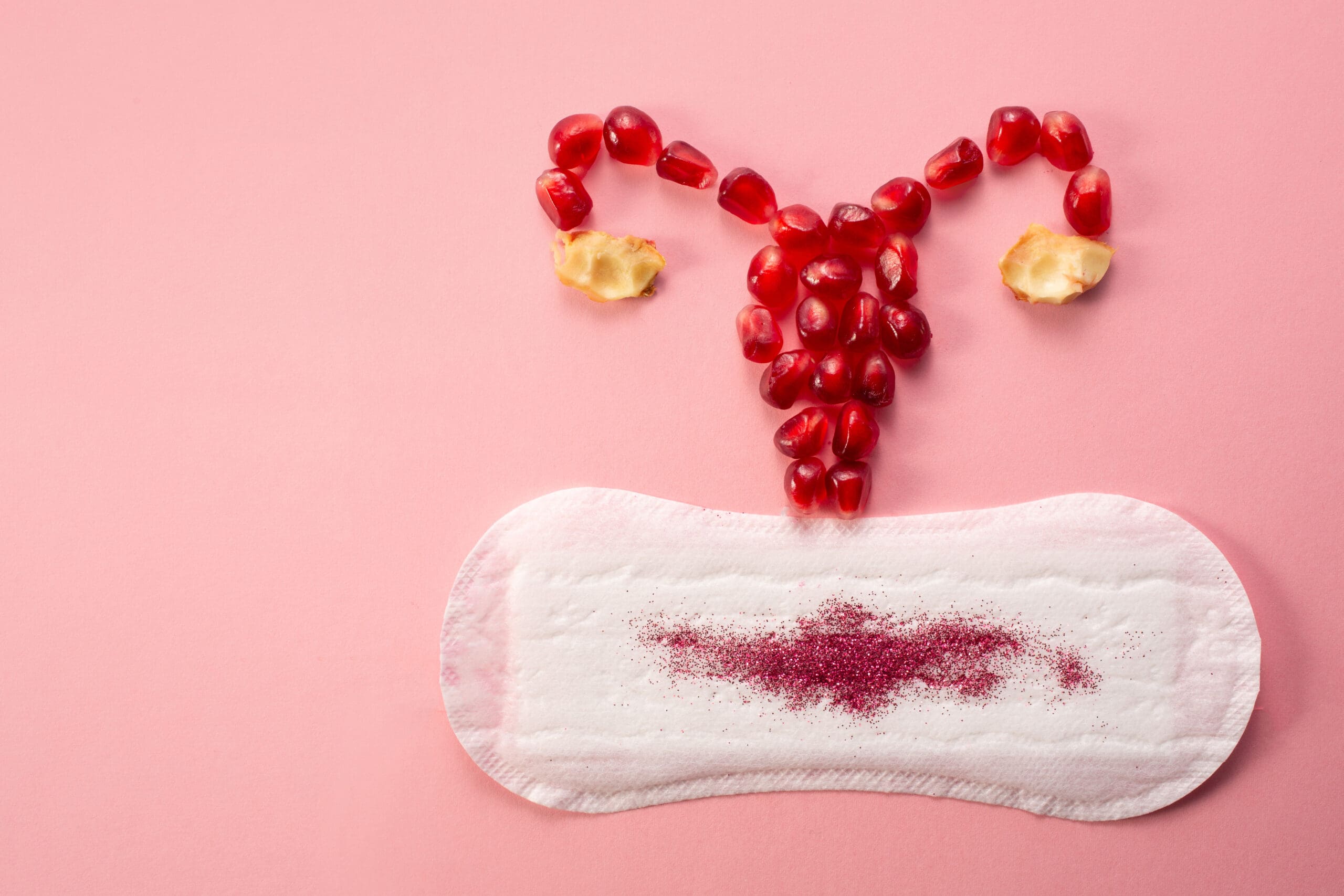
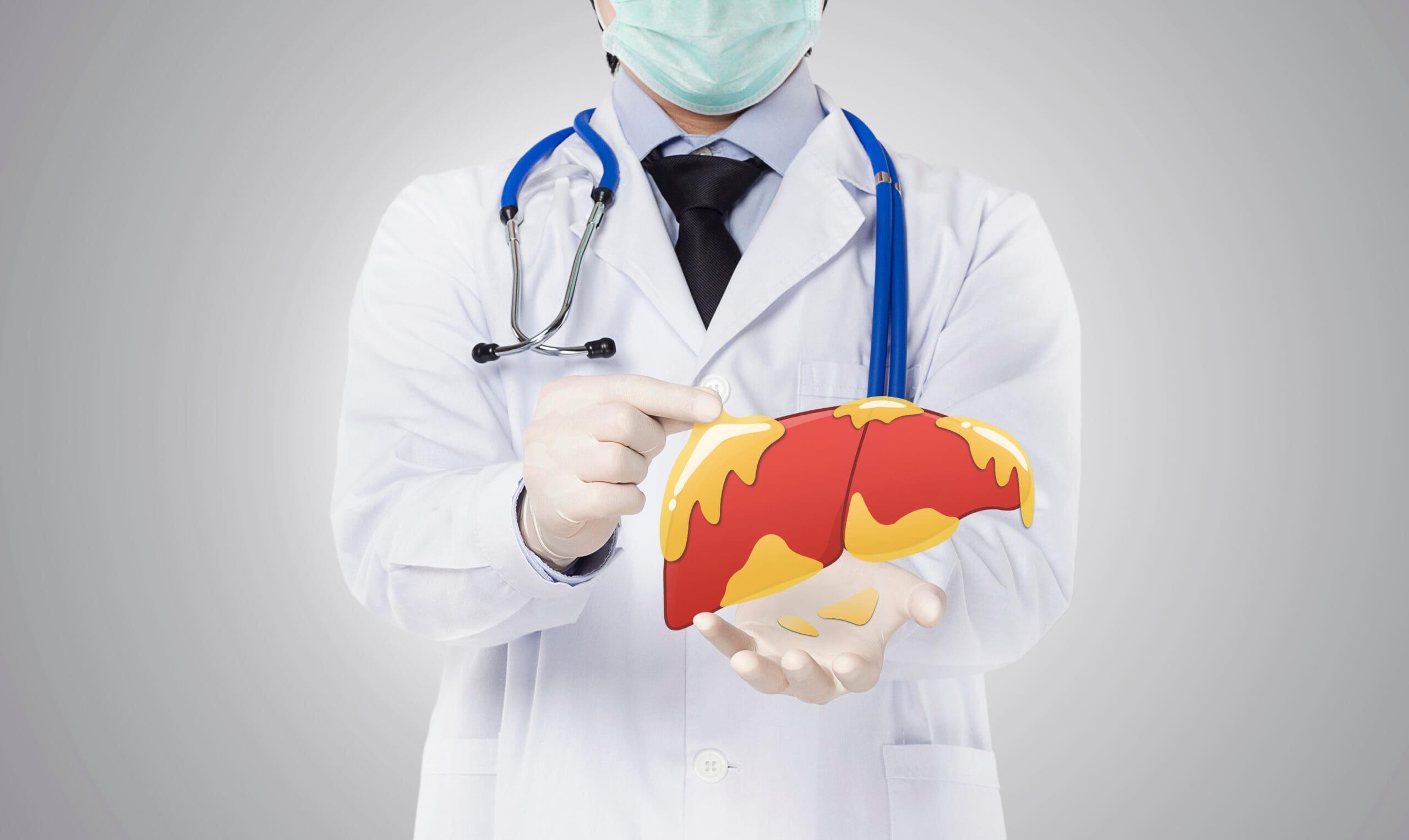
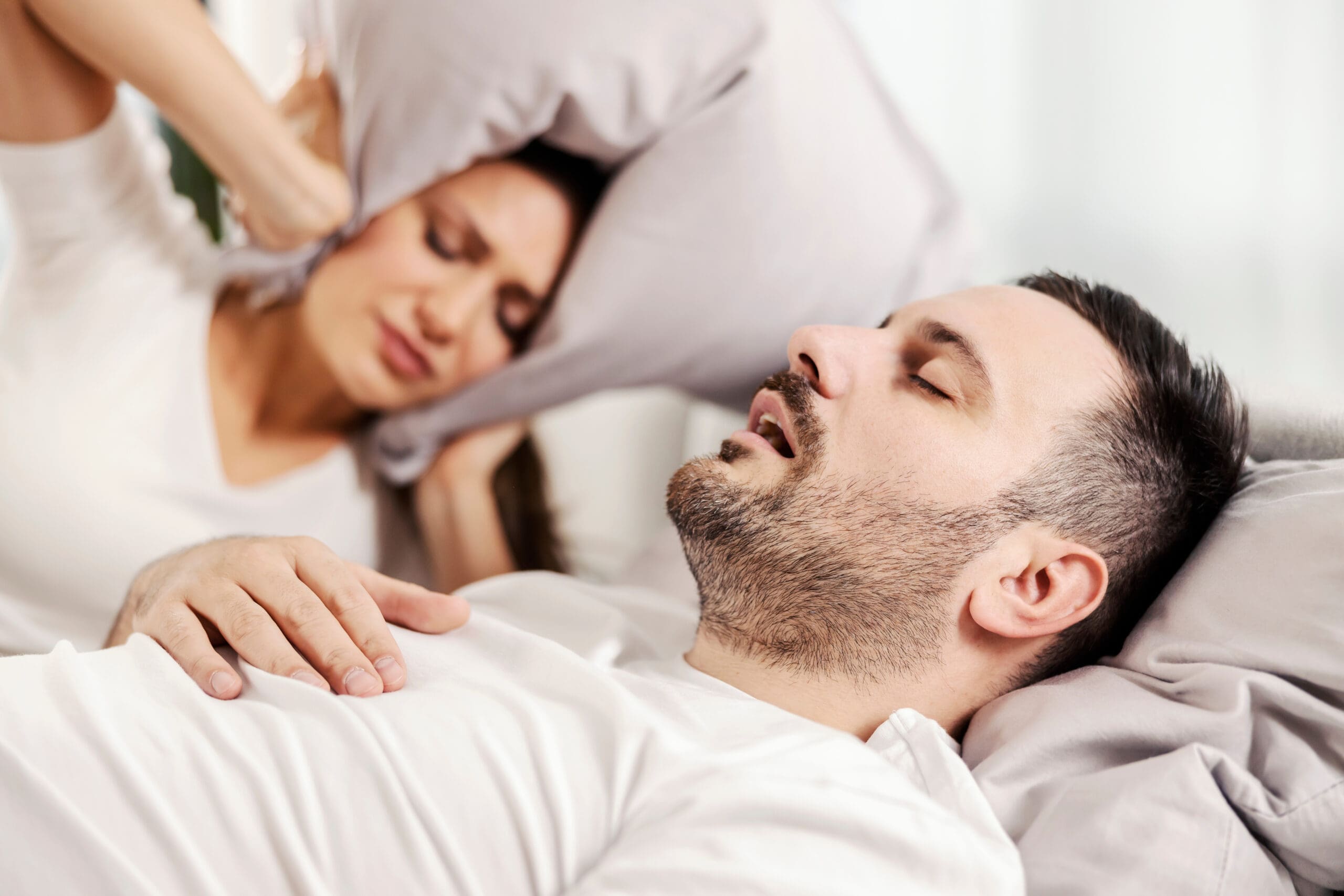
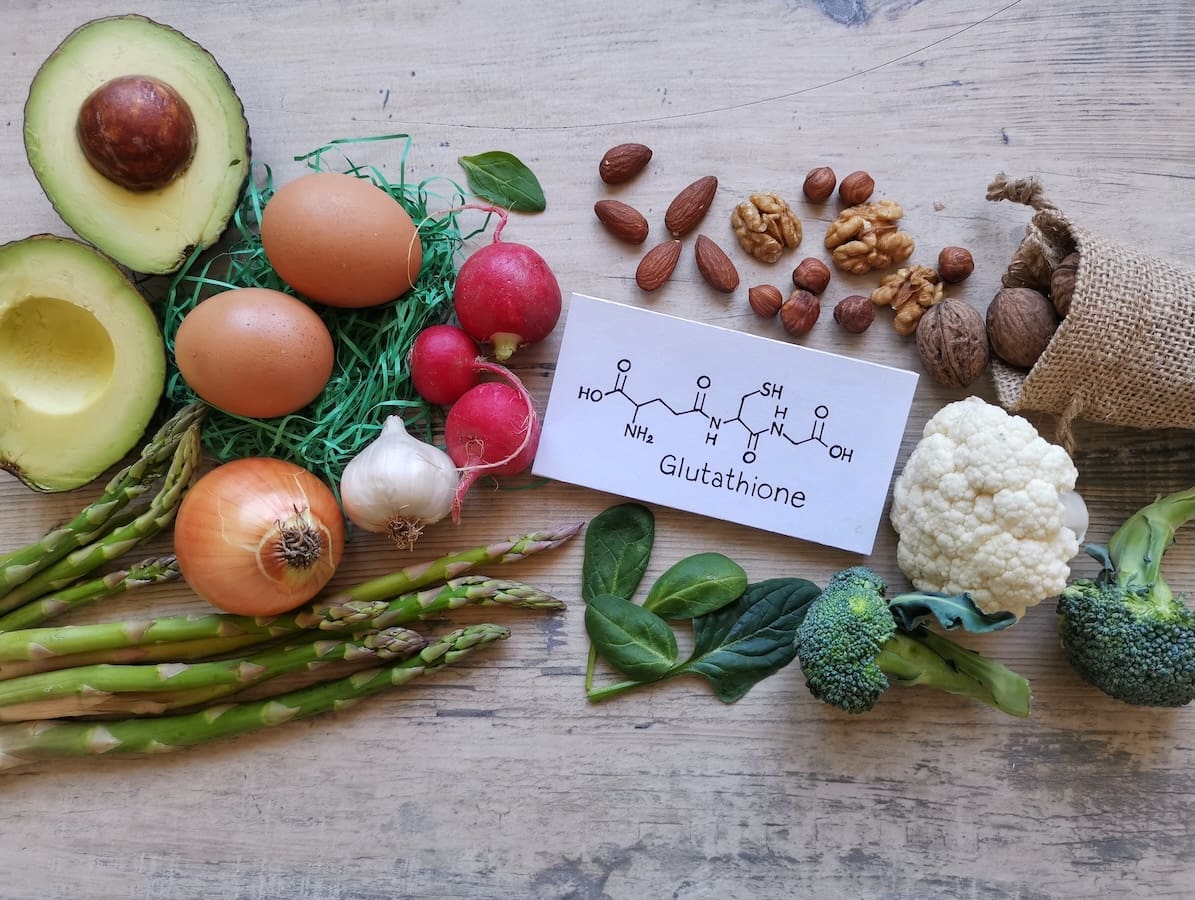
Leave A Comment